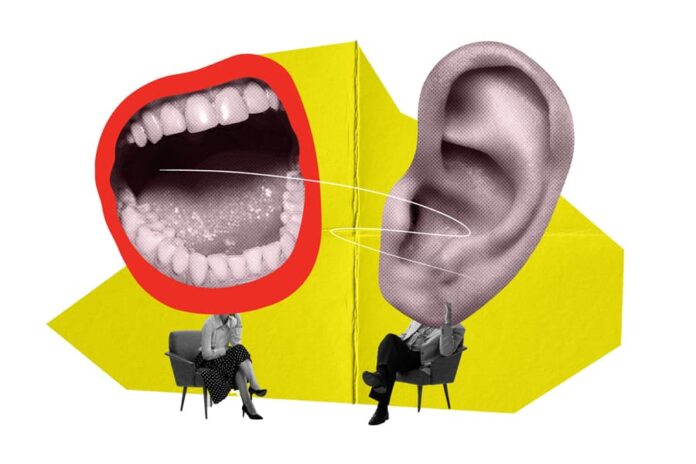Mediation, or samadhan, is woven into Indian culture. In the third millennium BCE, Lord Krishna is said to have unsuccessfully mediated a conflict over a throne. In the present, the upper house of parliament passed the Mediation Bill, 2021 in August 2023, 20 months after its introduction. A parliamentary standing committee reported on the bill in July 2022, making some substantial amendments. Standalone mediation legislation is almost a reality.
With a backlog of more than 450 million cases, India clearly should promote mediation as an alternative means of dispute resolution. However, mediation must integrate the country’s values, transitioning from its inherited Western system. It is moot whether the bill achieves this objective.
The government accepted the recommendation to reduce the maximum period for mediation from 180 to 90 days. The recommendation that pre-litigation mediation should be voluntary instead of mandatory is appropriate as willing participation is a fundamental principle of mediation.
Recognition and enforcement of mediation settlements are welcome, reflecting India’s commitment as a signatory to the UN Convention on International Settlement Agreements Resulting from Mediation (the Singapore Convention).
However, the limited grounds for challenging the enforcement of a settlement, and the 90-day limit, should be re-examined. A mediation settlement is a contract between the parties; grounds for challenge such as fraud and impersonation may arise later. Limitation law allows a three-year period from the cause of action. This exception may deprive dissatisfied parties of a remedy merely because of a short delay.
Technical flaws need to be reviewed. Clause 8 of the bill entitles a party to apply to the court before or during mediation for interim relief only in exceptional circumstances. These are not only undefined but are also inconsistent with settled principles for interim relief.
They allow the case as pleaded, the balance of convenience and irreparable injury, to be established. Moreover, no appeal lies against an order made under this provision. Even the present arbitration regime provides a mechanism.
The bill introduces online and community mediation. However, only 55% of the population can access the internet, and only 27% possess compatible devices. For successful online mediation, bandwidth and accessibility will have to be rapidly scaled up, especially in remote areas. One solution is to set up legal aid or access to justice clinics with adequate IT infrastructure.
For community mediation, the bill mandates three mediators. This is unnecessary and reduces flexibility.
The greatest problem is the government being the country’s most prolific litigant. The bill allows the government to mediate only commercial disputes. However, this is inconsistent with the purpose of the legislation.
The standing committee recommended that all government-related disputes be amenable to mediation. Litigants see the government as an adversary in the courts. The bill is a golden opportunity for the government to change that perception. This will not only inspire stakeholder confidence but also reduce the case backlog.
Mediation should be promoted as the preferred, non-confrontational and voluntary way of securing justice. The bill, however, is too prescriptive, turning mediation into just another branch of the law.
Lawyers and mediators may benefit, but at the expense of ordinary citizens who will require even more help to navigate the system. The bill is more about form than spirit. In the words of US Chief Justice Earl Warren: “It is the spirit and not the form which keeps justice alive”.
The dispute digest is compiled by Numen Law Offices, a multidisciplinary law firm based in New Delhi & Mumbai. The authors can be contacted at support@numenlaw.com. Readers should not act on the basis of this information without seeking professional legal advice.




























